1-Dodecanol
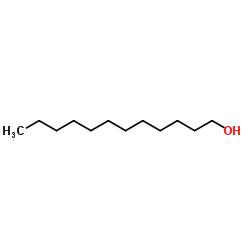
1-Dodecanol structure
|
Common Name | 1-Dodecanol | ||
|---|---|---|---|---|
| CAS Number | 112-53-8 | Molecular Weight | 186.334 | |
| Density | 0.8±0.1 g/cm3 | Boiling Point | 258.0±3.0 °C at 760 mmHg | |
| Molecular Formula | C12H26O | Melting Point | 22-26 °C(lit.) | |
| MSDS | Chinese USA | Flash Point | 115.4±4.6 °C | |
| Symbol |


GHS07, GHS09 |
Signal Word | Warning | |
Use of 1-Dodecanol1-Dodecanol is an endogenous metabolite. |
| Name | dodecan-1-ol |
|---|---|
| Synonym | More Synonyms |
| Description | 1-Dodecanol is an endogenous metabolite. |
|---|---|
| Related Catalog | |
| Target |
Human Endogenous Metabolite |
| Density | 0.8±0.1 g/cm3 |
|---|---|
| Boiling Point | 258.0±3.0 °C at 760 mmHg |
| Melting Point | 22-26 °C(lit.) |
| Molecular Formula | C12H26O |
| Molecular Weight | 186.334 |
| Flash Point | 115.4±4.6 °C |
| Exact Mass | 186.198364 |
| PSA | 20.23000 |
| LogP | 5.13 |
| Vapour density | 7.4 (vs air) |
| Vapour Pressure | 0.0±1.2 mmHg at 25°C |
| Index of Refraction | 1.441 |
| InChIKey | LQZZUXJYWNFBMV-UHFFFAOYSA-N |
| SMILES | CCCCCCCCCCCCO |
| Water Solubility | insoluble |
CHEMICAL IDENTIFICATION
HEALTH HAZARD DATAACUTE TOXICITY DATA
|
| Symbol |


GHS07, GHS09 |
|---|---|
| Signal Word | Warning |
| Hazard Statements | H319-H410 |
| Precautionary Statements | P305 + P351 + P338 |
| Personal Protective Equipment | dust mask type N95 (US);Eyeshields;Faceshields;Gloves |
| Hazard Codes | Xi:Irritant |
| Risk Phrases | R36/38;R50/53 |
| Safety Phrases | S61-S37/39-S29-S26-S60-S36 |
| RIDADR | UN 3077 9/PG 3 |
| WGK Germany | 1 |
| RTECS | JR5775000 |
| Packaging Group | III |
| Hazard Class | 9 |
| HS Code | 2905170000 |
| Precursor 9 | |
|---|---|
| DownStream 8 | |
| HS Code | 2905170000 |
|---|---|
| Summary | 2905170000 hexadecan-1-ol。Supervision conditions:None。VAT:17.0%。Tax rebate rate:9.0%。Lowest tariff:7.0%。General tariff:30.0% |
|
Antioxidant activity of protocatechuates evaluated by DPPH, ORAC, and CAT methods.
Food Chem. 194 , 749-57, (2015) Hibiscus sabdariffa L. is a worldwide consumed plant, principally after infusion of its dried sepals and calyces, which are usually discarded. Nevertheless, they represent a potential source of natura... |
|
|
Vortex-assisted low density solvent liquid-liquid microextraction and salt-induced demulsification coupled to high performance liquid chromatography for the determination of five organophosphorus pesticide residues in fruits.
Talanta 132 , 769-74, (2014) A simple and rapid microextraction method, vortex-assisted low density solvent liquid-liquid microextraction and salt-induced demulsification (VLLME-SID) coupled to high performance liquid chromatogra... |
|
|
Evaluation of injection methods for fast, high peak capacity separations with low thermal mass gas chromatography.
J. Chromatogr. A. 1392 , 82-90, (2015) Low thermal mass gas chromatography (LTM-GC) was evaluated for rapid, high peak capacity separations with three injection methods: liquid, headspace solid phase micro-extraction (HS-SPME), and direct ... |
| 1-Hydroxydodecane |
| Lauryl Alcohol |
| 1-Dodecyl alcohol |
| n-Dodecanol |
| Alcohol C12,Dodecyl alcohol,Lauryl alcohol |
| Dodecyl alcohol |
| Hydroxydodecane |
| n-Lauryl alcohol |
| 1-Dodecanol |
| EINECS 203-982-0 |
| MFCD00004753 |
| DODECANOL |
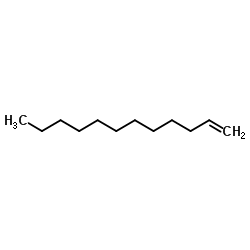 CAS#:112-41-4
CAS#:112-41-4 CAS#:3007-53-2
CAS#:3007-53-2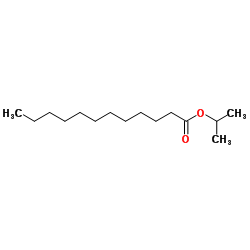 CAS#:10233-13-3
CAS#:10233-13-3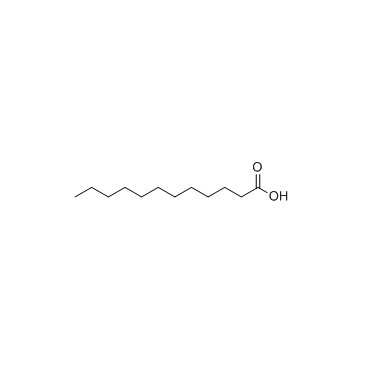 CAS#:143-07-7
CAS#:143-07-7 CAS#:106-33-2
CAS#:106-33-2 CAS#:63588-79-4
CAS#:63588-79-4 CAS#:114058-22-9
CAS#:114058-22-9 CAS#:765-14-0
CAS#:765-14-0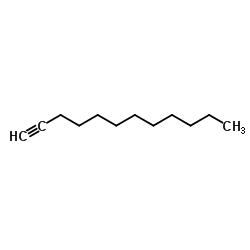 CAS#:765-03-7
CAS#:765-03-7 CAS#:106694-64-8
CAS#:106694-64-8 CAS#:10478-23-6
CAS#:10478-23-6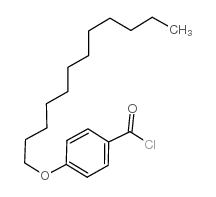 CAS#:50909-50-7
CAS#:50909-50-7 CAS#:540-09-0
CAS#:540-09-0 CAS#:542-50-7
CAS#:542-50-7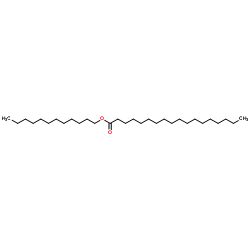 CAS#:5303-25-3
CAS#:5303-25-3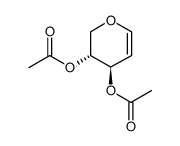 CAS#:3152-43-0
CAS#:3152-43-0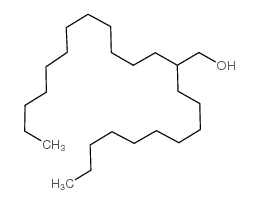 CAS#:58670-89-6
CAS#:58670-89-6
